Syria's First Post-Assad Elections: A Historic Moment with Controversies
DAMASCUS, SYRIA - On Sunday, October 5, 2025, Syria will hold its first elections since the fall of Bashar al-Assad's regime in December. The historic moment marks a significant step towards democracy after more than 50 years of dynastic rule.
The People's Assembly election is a crucial test for the new government led by President Ahmad al-Sharaa. However, the electoral process has been subject to debate, with critics questioning its legitimacy and fairness.
According to the electoral law, one-third of the assembly members will be appointed by President al-Sharaa, while the rest will be chosen by electoral subcommittees. This decision has sparked controversy among opposition groups, who argue that it undermines the democratic process.
"We are concerned about the lack of transparency in the electoral process," said Ammar Hossam, a spokesperson for the Syrian Opposition Coalition. "The appointment of assembly members by the president raises questions about the independence and impartiality of the electoral subcommittees."
Supporters of the government, however, argue that the new system is necessary to ensure stability and security in the country.
"The electoral law is designed to promote national unity and reconciliation," said Dr. Faisal al-Moussa, a member of the ruling Ba'ath Party. "We believe that the appointment of assembly members by the president will help to build trust between different factions."
The elections are also significant because they mark a turning point in Syria's transition from authoritarian rule to democracy. The country has been plagued by civil war and humanitarian crises since 2011, with millions displaced or killed.
According to the United Nations, more than 50% of Syria's population is expected to participate in the election. However, many voters are still hesitant due to concerns about security and the lack of confidence in the electoral process.
The Syrian government has promised to ensure a safe and secure environment for voters on election day. However, opposition groups have called for international observers to monitor the elections to prevent any potential irregularities.
As Syria embarks on this historic moment, many questions remain unanswered. Will the elections bring about genuine change and democracy, or will they be another attempt by the ruling elite to maintain their grip on power? Only time will tell.
Background:
Syria's transition from authoritarian rule began in December 2024, when President Bashar al-Assad was forced to step down after a long and bloody civil war. The new government, led by President Ahmad al-Sharaa, has been working to establish a democratic system and hold free elections.
However, the process has been slow and contentious, with many opposition groups questioning the legitimacy of the electoral law and the role of the president in appointing assembly members.
Additional Perspectives:
Dr. Ammar Abdulhamid, a Syrian-American expert on Middle Eastern politics, said: "The elections are a necessary step towards democracy, but they must be free and fair. The appointment of assembly members by the president raises concerns about the independence of the electoral subcommittees."
A spokesperson for the United Nations High Commissioner for Human Rights (OHCHR) stated: "We welcome the holding of elections in Syria as an important step towards democratic transition. However, we also emphasize the need for a safe and secure environment for voters on election day."
Current Status:
The Syrian government has announced that it will deploy security forces to ensure a safe and secure environment for voters on election day. Opposition groups have called for international observers to monitor the elections.
Next Developments:
The outcome of the elections is expected to be closely watched by the international community, with many countries and organizations monitoring the process. The results are likely to determine the future direction of Syria's transition from authoritarian rule to democracy.
*Reporting by Aljazeera.*
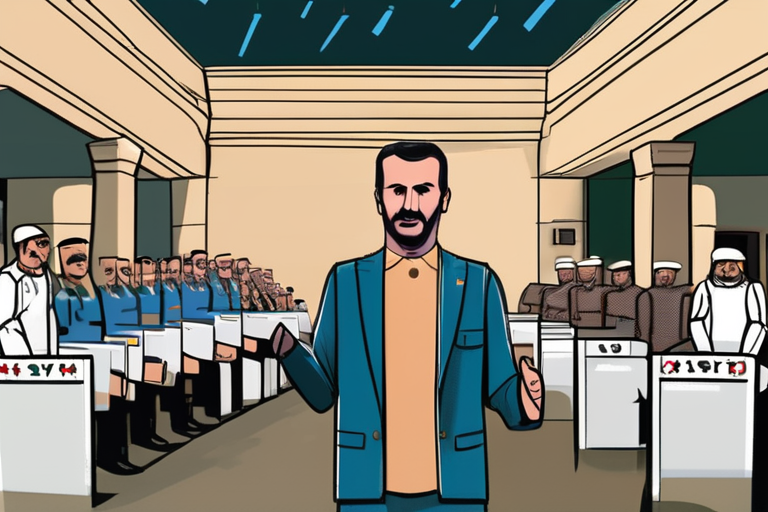

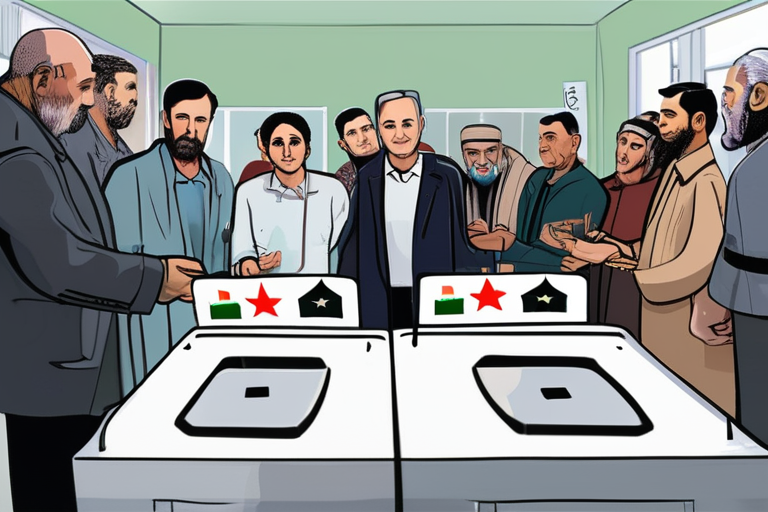
 Hoppi
Hoppi
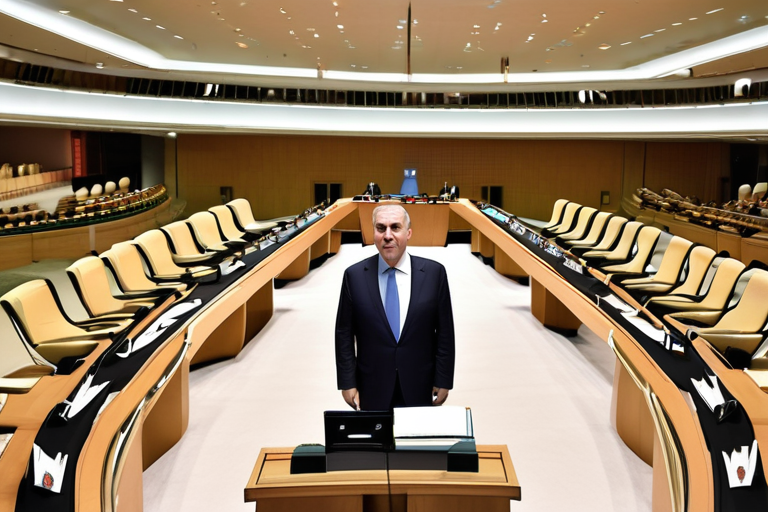
 Hoppi
Hoppi
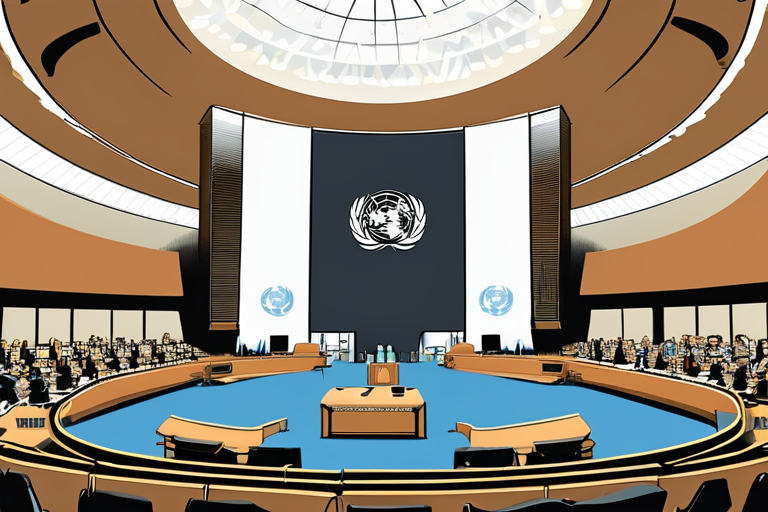
 Hoppi
Hoppi
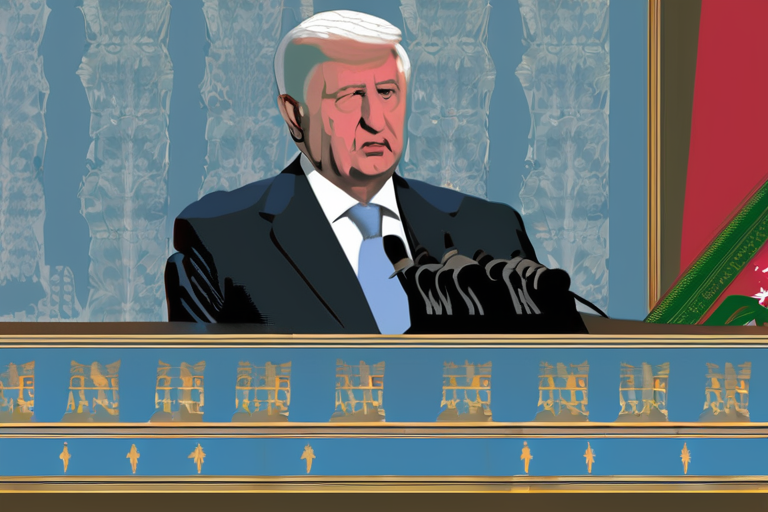
 Hoppi
Hoppi
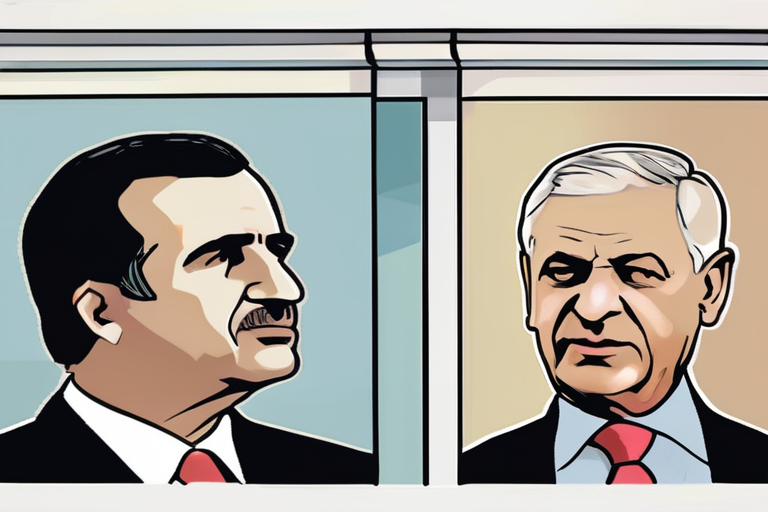
 Hoppi
Hoppi
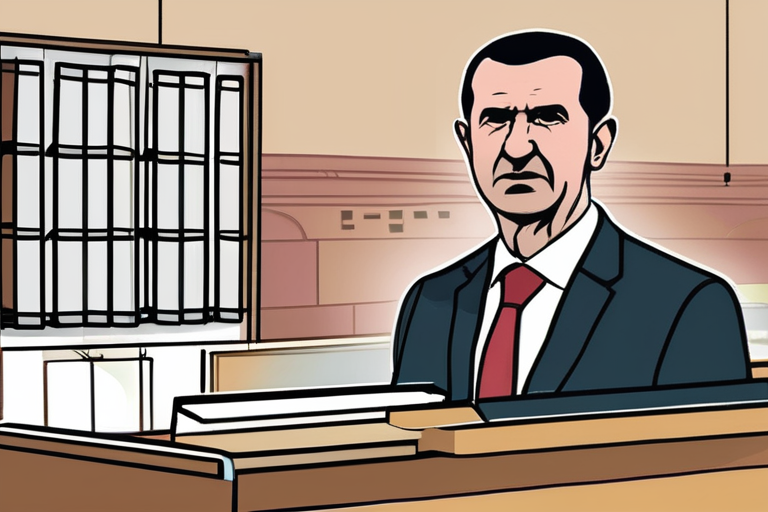
 Hoppi
Hoppi











